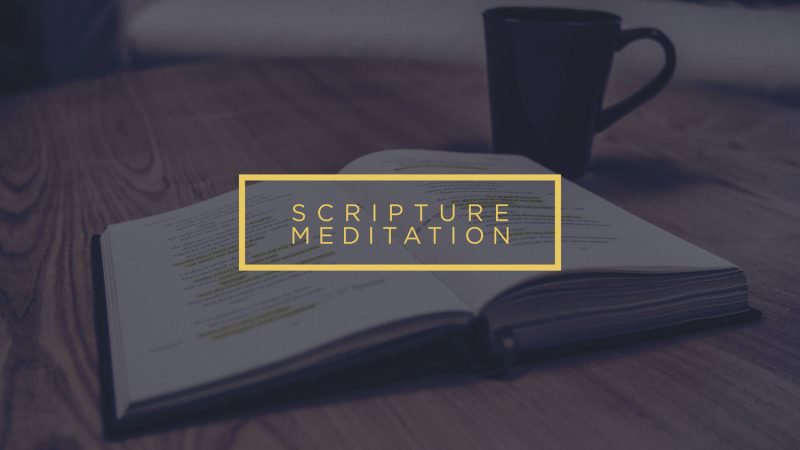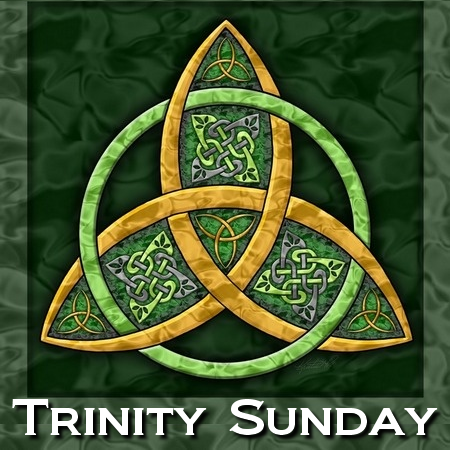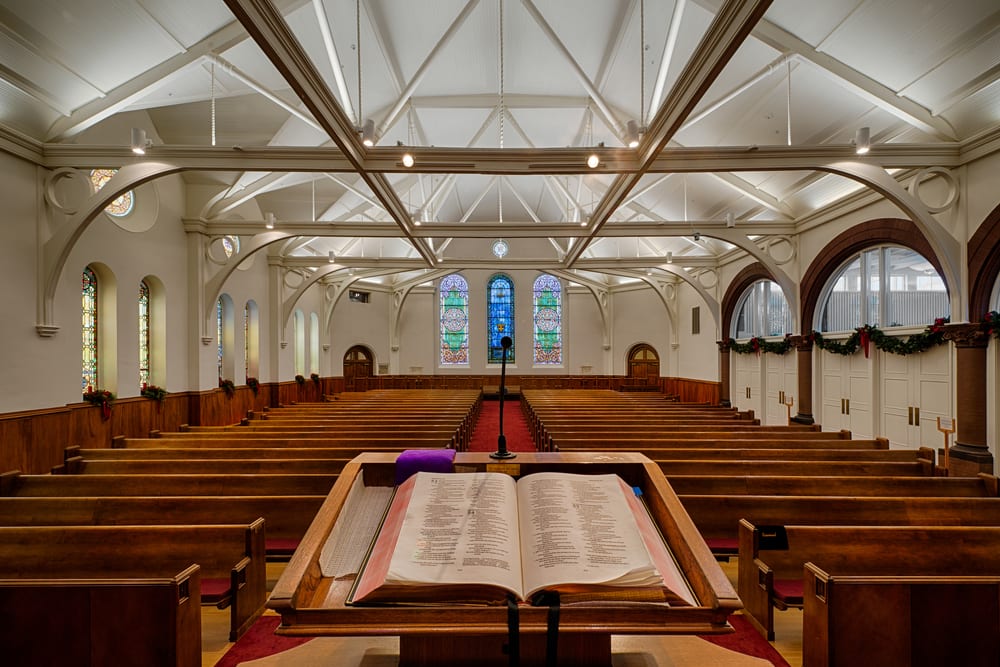Room at the Table
Luke 14:16-24
Have you ever planned a party, and no one came? You have made all of the preparations, cooked all of the food. Set the table with the finest china and silver, and at the appointed time, no one came? Just think for a moment about how you would feel.
On the surface, today’s lesson from the Gospel of Luke is a story about “a certain man” who planned a lavish banquet, but no one came. At the time of the party, he sent his servants out to remind everyone of the big day, but they all had an excuse. One had just completed a real estate transaction. One had just bought some oxen. And one, I think with the only legitimate reason, just got married. Although one would think he would have known that when he accepted the invitation in the first place.
At the time of the writing of this Gospel, to accept an invitation beforehand and then refuse it when the day came was a grave insult.
So, let’s unpack this story a little.
In this parable, the master is an image of God. Those who were initially invited to the party are the chosen ones of God who, throughout all of their history, waited and looked forward to the day when God would come. When he does finally arrive, they refuse the invitation.
The poor people from the lanes and streets represent the tax collectors and sinners who welcomed Jesus. Those gathered from the roads, and other places are an image of the Gentiles for whom there was still room at the feast of God.
Although this parable was written long ago and aimed at people who refused God’s invitation, some truths apply to us today. In the parable, the guests made excuses for not coming to the banquet, and sadly, those excuses are not much different from those we hear today.
The first man bought a field and was going out to check out his new purchase. He is allowing his business dealings to get in the way of God. As we have seen, perhaps in our own lives, we can be so immersed in our affairs that when the time for worship comes, we simply do not have the time.
The second man bought five yoke of oxen, and he needed to take them for a test drive. It is very easy for a new thing, a new hobby, a new car, or other possessions we might have to get in the way of our worship.
The third man said that he got married and could not come. Now I have to ask when he accepted the invitation did, he not know it was his wedding day? But I digress. There is a law in the Book of Deuteronomy that says when a man is newly married; he shall not go out with the Army or be charged with any business; he shall be free at home for one year, to be happy with the wife he has taken. (Deuteronomy 24:5).
Perhaps the man had this law in mind when he refused the invitation to the banquet; we may never know. But we cannot let the lovely things in life crowd out time for God.
I have called this sermon “Room at the Table” to indicate that there is room for all of us, even those of us that make excuses at God’s table. In a few moments, we will celebrate the Sacrament of the Eucharist, and at this table, all are welcome. All are welcome to come, and all are welcome to eat. Do not feel there is any reason that should keep you away.
We make time for what is essential in our lives. The point of the parable that we have heard today is that worship of God should be one of those essential things in our lives. Just as there were varied excuses in today’s story, there are various ways to worship God, and we must find what works best for us. Perhaps it’s attending a service like this, or maybe it is a walk in nature. Whatever it is, find it and make time for it.
Amen.




